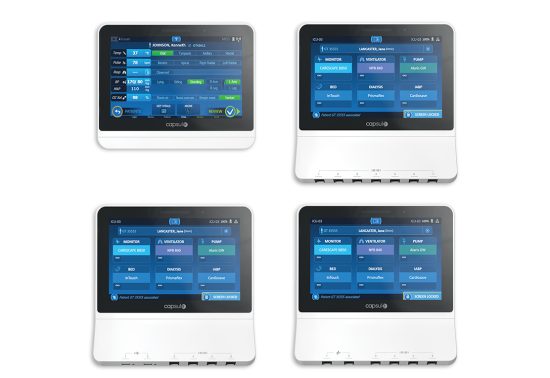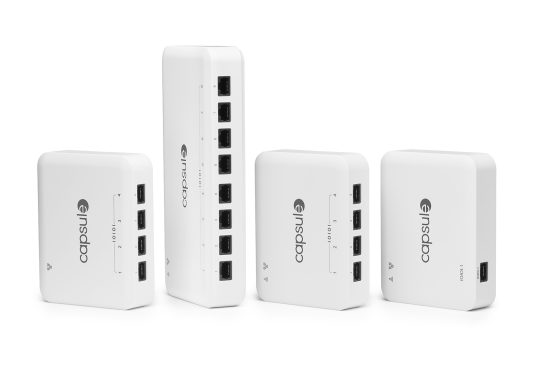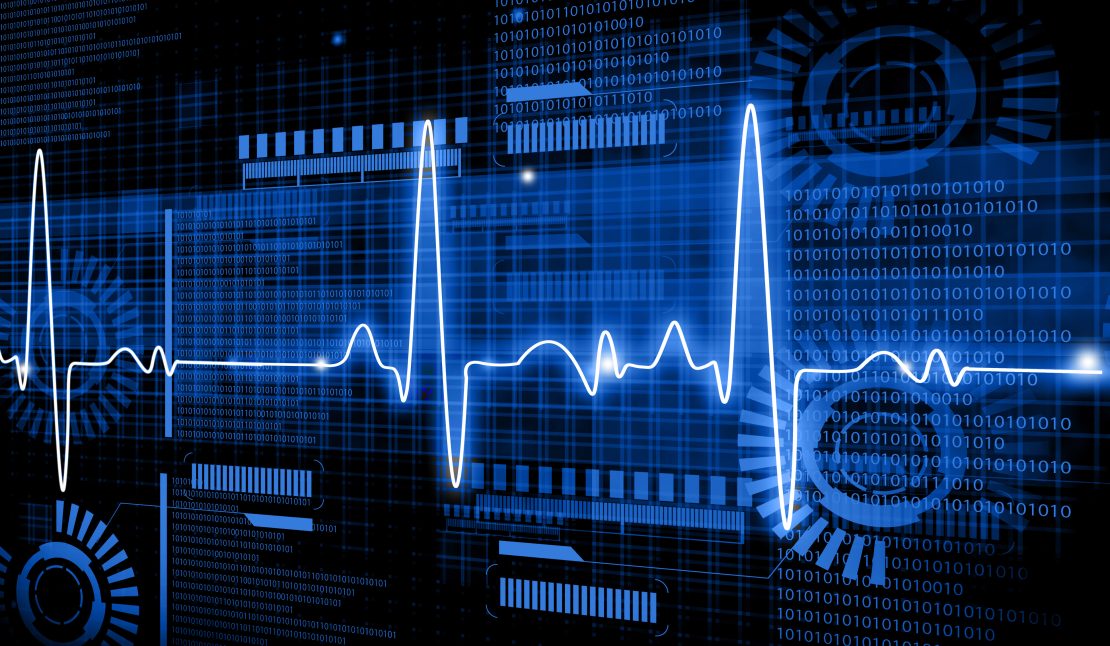
Shared Responsibility: How hospitals can help improve medical device data security
For some time, this notion of a shared responsibility for data security has been recognized as a best practice within the larger technology industry.
Critical care is a one of the most technology-dependent, data-rich environments in the hospital. High-fidelity data in this setting is crucial in enabling early detection of deterioration and prompt clinical decision-making. With up to 2.2 million data elements1 and 770 alarms2 generated, per ICU bed, per day it’s easy to see that monitoring these variables and alarms can take a toll. Compounding this problem is the fact that clinicians aren’t always getting the data they need at the bedside, further impacting their decision-making and patient outcomes.
Capsule’s solutions gives each caregiver the precise and timely data they need to act. Our solutions aggregate and tailor data, including waveforms, to support the unique needs of downstream systems like alarm management, helping clinicians intelligently prioritize and escalate care.
Our offering takes device data management to a new level. Enabling health systems to select any or all of the rich device data collected, allowing the customization of sampling rate and format required by receiving systems. Our solution connects and tailors data for leading systems.
We simplify the process of acquiring and using data-driven insights to drive positive health outcomes.

A mobile clinical computer features built-in connectivity ports and the ability to manage data and connectivity status from multiple devices on a single display.
Learn More
A single-, four- or eight-port serial to network bridge providing robust connectivity to the EMR in crowded care areas like the ICU.
Learn MoreFind out more about data management solutions from Capsule, and how they can transform mountains of device data into highly contextual clinical insight.
Download
For some time, this notion of a shared responsibility for data security has been recognized as a best practice within the larger technology industry.

High-quality data gives medical researchers and clinicians the level of detail they need to better be able to study the efficacy of treatments and identify patterns and trends in healthcare outcomes.